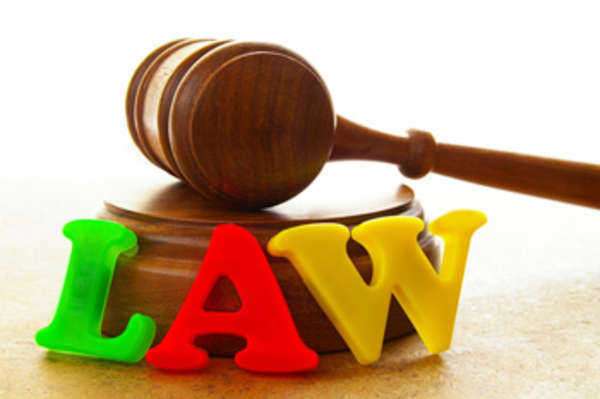Read This For A Quick Overview of Minor Laws
Read This For A Quick Overview of Minor Laws
Minor laws address the rights, responsibilities, and restrictions of individuals who have not reached the age of majority. These laws apply to issues such as driving, curfews, education, and labor and employment. This article will provide a quick overview of major minor laws to help individuals understand their legal rights and obligations.
Driving Laws
Driving is a major milestone for most teenagers, but it also comes with a great deal of responsibility. Most states have laws that restrict driving for individuals under the age of 18. These restrictions may include mandatory driving curfews, restrictions on the number of passengers in the car, and restrictions on the use of electronic devices while driving.
Curfew Laws
Curfew laws vary from state to state but are designed to keep minors safe by restricting their ability to be out in public during certain hours. Curfews can be set at the city level and are usually more restrictive on the weekends. Penalties for violating a curfew can range from a warning to fines or community service.
Education Laws
Education is compulsory for children in the United States from age 6 to 18. Education laws cover issues such as truancy, school attendance, and behavior while on campus. Parents of minor children are generally responsible for ensuring that their child attends school. Failing to do so can result in fines or other penalties.
Labor and Employment Laws
Laws that govern child labor and employment vary from state to state. These laws usually place restrictions on the hours minors can work, the types of work they can perform, and the number of hours they can work per week. Working minors are also subject to minimum wage laws and must be paid at least the minimum wage for their age group.
Alcohol and Drug Laws
The legal age limit for consuming and possessing alcohol and drugs is 21 in all states. Minors found in possession of alcohol or drugs can face serious legal consequences, including fines and restrictions on driving privileges. Social host liability laws may also hold adults responsible for minors' consumption of alcohol or drugs if they provided the substances.
Conclusion
Minor laws play an essential role in protecting minors and promoting their safety, education, and well-being. It's essential for minors and their parents to familiarize themselves with these laws and understand their rights and responsibilities. Parents should also seek guidance from legal professionals to ensure that they are fulfilling their obligations and avoid any legal complications. By learning about minor laws, minors and their families can stay safe, informed, and empowered.
In the United States, minor laws are those that will deal with all issues in regards to minors. As of 1995, a minor in the United States refers to any individual that is under the age of 18. However, the main exception to the definition is in the context of alcohol consumption, where people that are under the age of 21 can also be referred to as minors.
Minor laws will also deal with individuals that are considered to be juveniles, which are typically people under the age of 17 or 16, depending on the state. The most common minor laws will, therefore, usually deal with the selling of substances to minors, such as alcohol and tobacco products.

Though this particular situation may be the most common, minor laws also include the right to vote upon turning 18, and criminal law, meaning the trying of a minor as an adult over the age of 18 for specific crimes. s an adult over the age of 18 for specific crimes.